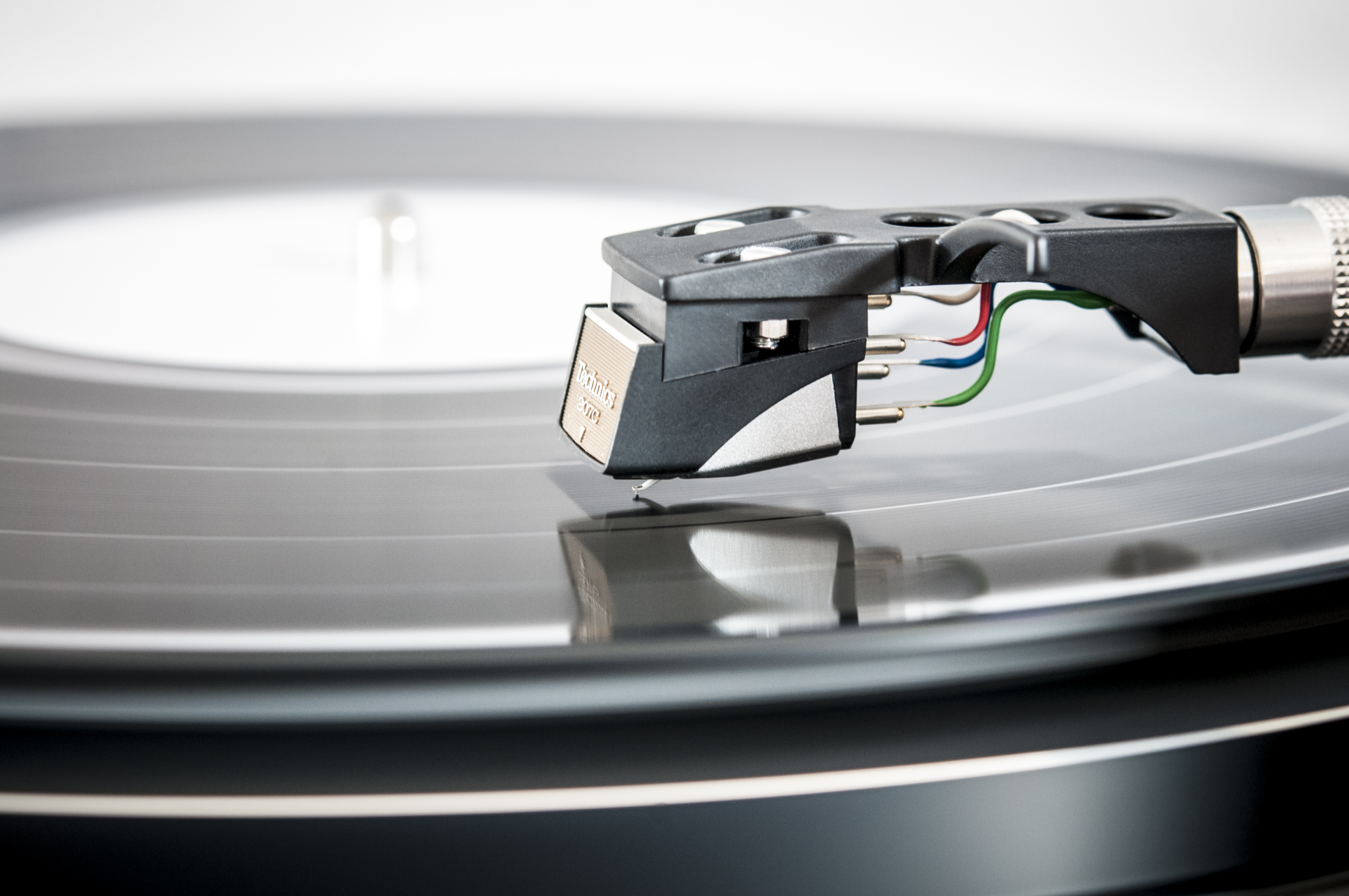 America of the 1950s is one of the most nostalgic eras in the history of our young country. The decade is defined by sock hops, diners, drive-ins, and rock and roll music that defined a generation and inspired others. Television had only just become a thing, and services of today like YouTube certainly hadn’t been conceptualized, let alone The Internet. Then, radio was king, the most ubiquitous medium, and it was how legions of post-war teenagers and young adults learned about new music and began obsessing over popular culture. It was also an era marked by scandal in the music industry, known as payola.
America of the 1950s is one of the most nostalgic eras in the history of our young country. The decade is defined by sock hops, diners, drive-ins, and rock and roll music that defined a generation and inspired others. Television had only just become a thing, and services of today like YouTube certainly hadn’t been conceptualized, let alone The Internet. Then, radio was king, the most ubiquitous medium, and it was how legions of post-war teenagers and young adults learned about new music and began obsessing over popular culture. It was also an era marked by scandal in the music industry, known as payola.
Simply put, payola is the act of paying a then disc jockey to play a record. The practice, according to experts, existed long before the 1950s, and played a major part in developing the business of music. In fact Forbes magazine says the first laws in reference to payola were enacted in the 1930s. Yet, it wasn’t until 1958 or so, that people began paying attention, and that partaking in the system had real consequences.
Popular personalities of the time, such as Alan Freed and Dick Clark, were implicated in the process, which was seen as unfair practices and a telling sign of a rigged system in entertainment, following the outing of various popular game shows. As a result, the two gentlemen and many others were either fined or fired, and the practice was frowned upon. In the process, however, the pay for play game excluded a lot of great talent and independent groups, like artists from Chess Records, for whom a movie was created about 8 years ago.
Surprisingly, for some, that is still the case. Though radio has lost some of its steam in the audio world, with the advent of digital options, its replacement is keeping the system alive. Digital Music News reported that record labels are now using playlists to ensure that their artists are included in lineups that will, undoubtedly, expand their reach and popularity with listeners. On Spotify, in particular, which now boasts more than 100 million total users, industry insiders believe that companies are willing to pay $2,000 to $10,000 for artists to be on the list.
Considering the overwhelming popularity of the service, one can certainly see the lure in taking advantage of the platform from a business side of things. However, just as before, indie artists may struggle to find footing in this landscape. This, coupled with the argument artists have been making for years about not receiving enough pay from streaming, is a bit unsettling. Is the only answer to the dilemma securing a record deal with a major label? Furthermore, does this mean that payola never really went away?
